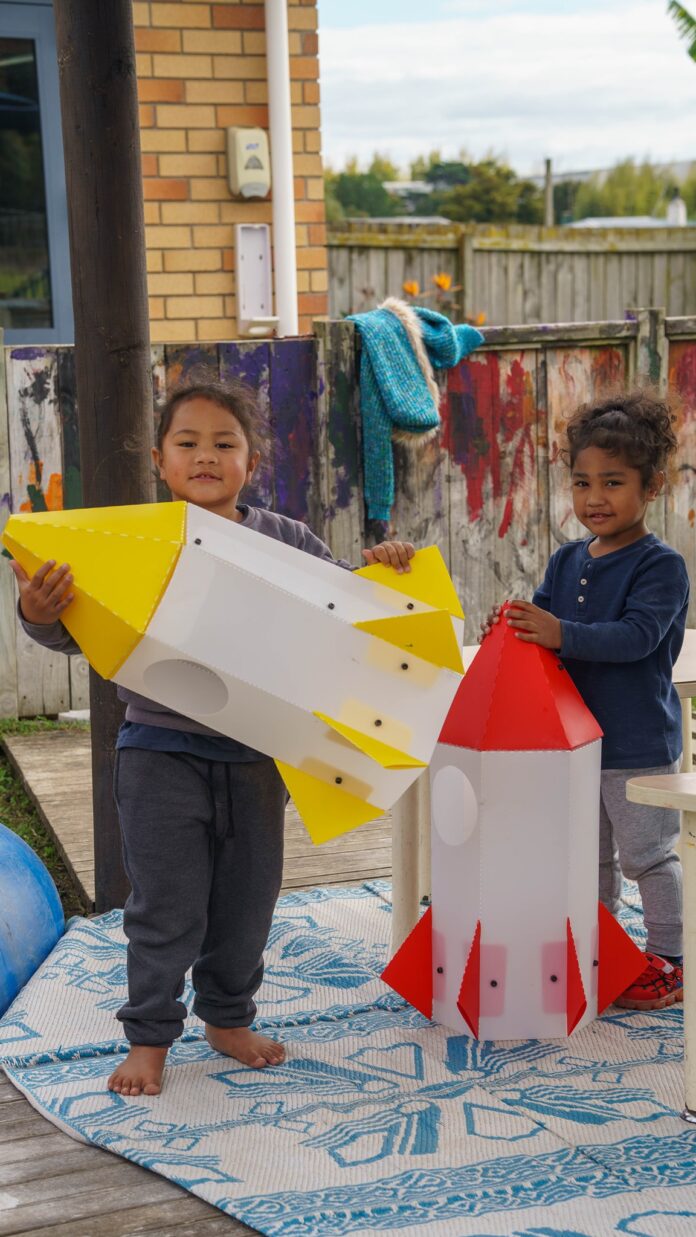Source: Auckland Council
More than 400 young people in south Auckland will benefit from SouthSci funding to find science-based solutions to community problems.
Funding of over $170,000 has been approved for 11 projects to be carried out in collaboration with STEM (Science, Technology, Engineering & Maths) experts, such as Auckland University of Technology, Fisher and Paykel Healthcare, University of Auckland, Manukau Institute of Technology and STEM businesses.
SouthSci, a Te Hononga Akoranga – COMET initiative, is a part of Curious Minds, the Government’s strategic plan to encourage everyone in New Zealand to get engaged with science and technology.
Ying Yang, SouthSci Manager says this year’s projects include a great mix of ages and topics, but a common theme for many is exploring problems that are relevant to their communities – whether that’s investigating energy poverty, biodiversity loss, pollution in the local streams, or designing tools for the physically disabled. Yang says she’s looking forward to seeing the creative solutions that the project teams will come up with.
“I’m also excited to see how our project teams are exploring sciences in ways that are really relevant to their community, for example, by incorporating aspects of indigenous Samoan knowledge and culture into some projects.”
Last year Mangere based Pasifika Early Learning – Le Malelega a le To’elau Pasifika and Pasifika Early Learning – Puna o le Atamai Aoga Amata received $15,000 each for their projects with over 60 children, aged 0-5 years, taking part.
Students at Pasifika Early Learning – Le Malelega a le To’elau Pasifika explored how much they could reduce waste in the early childcare centre over a six month period, whereas Pasifika Early Learning – Puna o le Atamai Aoga Amata looked at where energy they use comes from.
Pasifika Early Learning, Communications Specialist Ina Fautua says the projects provided opportunities for the children to engage with science and extend learning through experience.
“We looked at the way past ancestors used science, such as how they used resources for making fire, growing kumara for body energy and making coconut oil. Then looked at the way we now use science to source energy or recycling.”
Fautua says the funding is important because it provided more opportunities for the students to learn and extend their knowledge in a fun and interactive way.
On Thursday 17 June, the annual SouthSci Symposium at the University of Auckland in Manukau celebrated projects that are nearing completion. SouthSci teams presented their STEM projects to the other community groups and schools that took part.
Yang says with young people throughout New Zealand lagging behind in maths and sciences, initiatives like SouthSci give them the opportunity to participate in hands-on, locally relevant and project-based learning.
“This leads to more authentic and meaningful experiences which will hopefully propel them to become more interested in STEM subjects and to gain a deeper appreciation of the importance of STEM in our everyday lives.”
For more information about SouthSci, visit cometauckland.org.nz/our- initiatives/southsci



